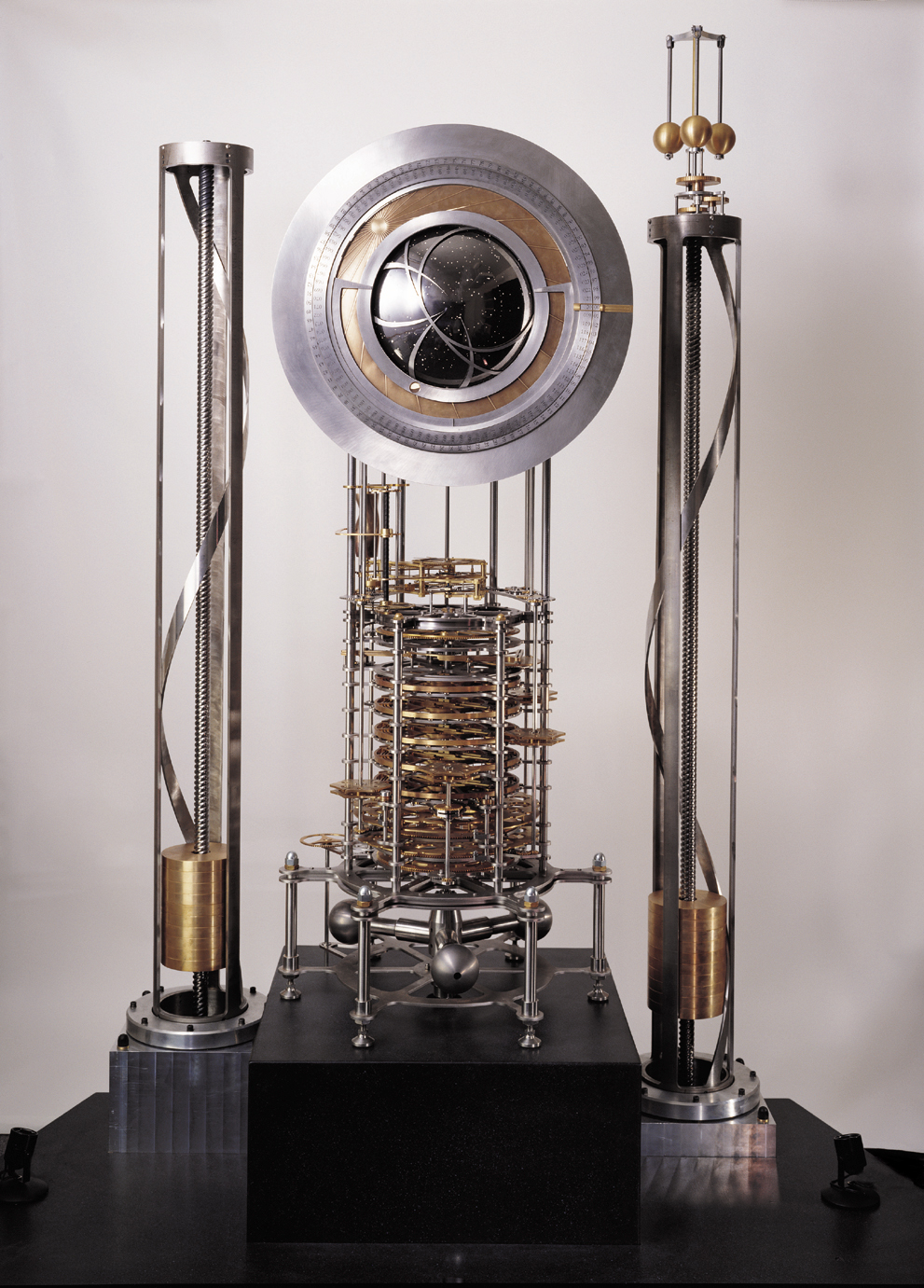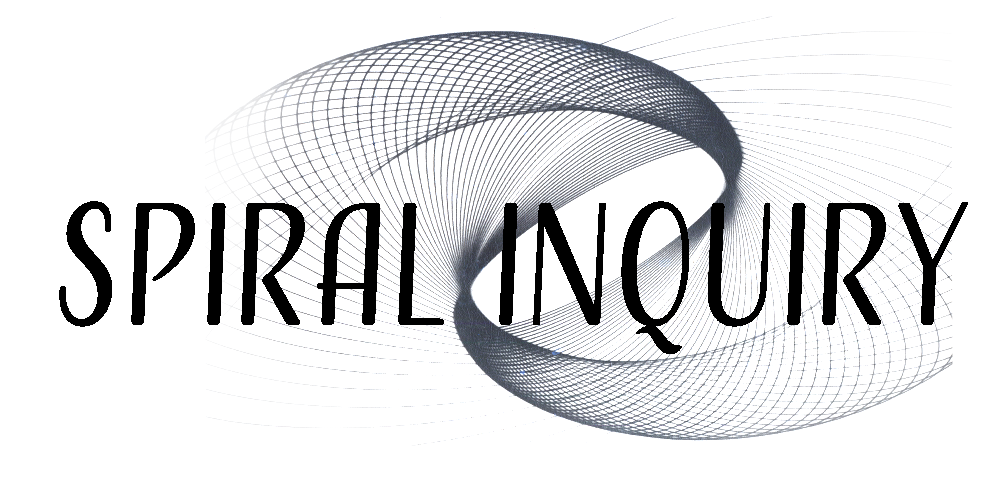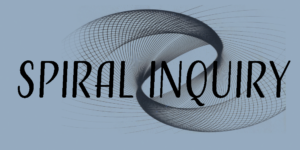Last week, my wife and I attended a program on the Future of Food, hosted by the Boston arm of the Long Now Foundation. The event was an eye-popper, a mind-bender, and a gastro-sensation. The goals of the organization are truly monumental:
“The Long Now was established in 01996 to develop the Clock and Library projects, as well as to become the seed of a very long-term cultural institution… to foster responsibility in the framework of the next 10,000 years”

Food photo from Natalie and Cody Gantz, http://www.natandcody.com.
The Future of Food – Fast Forward
The meeting room for the Long Now Boston Future of Food event was a modern art gallery at Le Laboratoire in Cambridge that featured an exhibit of extreme slow-motion videos of human nudes in motion. The speakers included host Nicola Twilley (Gastropod), and panelists Pascal Rigo (La Boulangerie), Geoffrey Von Maltzahn (Indigo Agriculture), and John Lamppa (Incredible Foods). Dinner and drinks were provided after the talks at the ArtScience cafe and culture lab. The talks were rapid-fire but informal, dealing with food technology, innovations and infrastructure, and there seemed to be more questions than answers about the future of food. Some speculated that people will give up on cooking at home – countered by arguments that food community and conviviality are so important that food will always be an important aspect of human culture. There did seem to be a consensus that technology will continue to produce more and cheaper foods with increasing speed and efficiency. Whether that is “better” is subject to opinion.
I asked a hard question that the audience enjoyed but the panelists struggled to answer. I pointed out that our relationship to food was radically altered 10,000 years ago with the domestication of cattle and the introduction of dairy products into out diets. That change must have altered the human micro biome significantly and forced changes to cascade through human epigenetics and into the human genome. Here we are 10,000 years later – and all humans have not yet successfully adapted to those changes in diet: Many continue to suffer with lactose intolerance and dairy sensitivities. So, if we consider the massive transformation of the food industry in the last 100 years, which is ongoing, and we consider that we are now increasingly re-engineering food genes directly, then we should ask: What can we say about how well the micro biome, human epigenetics and genetics will adapt in the next 10,000 years? For my thoughts on this question, see my post on The Big GMO Debate. I concluded: “There is a counter-rational naiveté in any claim that GMOs are safe. We simply do not know…”
The Future of Time – The Long Now Clock
One of the highlights of the Long Now Boston evening was the opportunity to meet the inventor of the Clock of the Long Now, Danny Hillis. The concept of the Clock is outrageous – to build a huge mechanical device to keep accurate time for 10,000 years. There are working prototypes on display at the Science Museum in London and the Long Now museum (The Interval) in San Francisco, and the first of the full-scale clocks is under construction in Texas (funded by Jeff Bezos).

Photo: Prototype Clock of the Long Now, By Rolfe Horn, courtesy of the Long Now Foundation.
As the Long Now Foundation asks itself on their website:
“Why would anyone build a Clock inside a mountain with the hope that it will ring for 10,000 years?”
And the reply:
“So people will ask this question, and having asked it, prompt themselves to conjure with notions of generations and millennia. If you have a Clock ticking for 10,000 years what kinds of generational-scale questions and projects will it suggest? If a Clock can keep going for ten millennia, shouldn’t we make sure our civilization does as well? If the Clock keeps going after we are personally long dead, why not attempt other projects that require future generations to finish? The larger question is, as virologist Jonas Salk once asked, “Are we being good ancestors?”
Danny Hillis introduced the idea of the Clock in 1995 with this statement:
“I cannot imagine the future, but I care about it. I know I am a part of a story that starts long before I can remember and continues long beyond when anyone will remember me. I sense that I am alive at a time of important change, and I feel a responsibility to make sure that the change comes out well. I plant my acorns knowing that I will never live to harvest the oaks.”
It’s hard to beat the grandness of this idea. While everybody talks about the increasingly frenetic pace of modern life, The Long Now movement is thinking about time in different terms. I think it is worth paying attention. In October, my wife and I will visit the Interval Bar in San Francisco. I’ll let you know what we learn.















